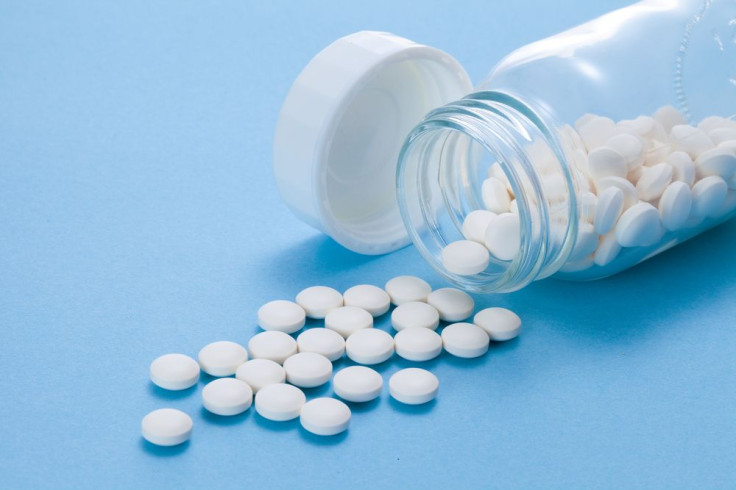Daily Low-Dose Aspirin Cuts Risk Of Preeclampsia: Antiplatelet Review Inspires New Pregnancy Recommendations

New research shows that some pregnant women may take a daily low-dose aspirin to prevent preeclampsia, a potentially fatal condition characterized by elevated blood pressure and swelling.
Dr. Jillian T. Henderson, a researcher with the Kaiser Permanente Center and lead author of the new study, said that the findings confirm the results of previous papers investigating the link between the perinatal complication and antiplatelets — a class of pharmaceuticals that includes aspirin. "Previous comprehensive systematic reviews have found antiplatelets (primarily low-dose aspirin) to be beneficial for the prevention of preeclampsia among women at heightened risk,” she told reporters.
“We conducted this systematic review to support the US Preventive Services Task Force in updating its 1996 recommendation, which is no longer active,” she added.
The study, which is published in the Annals of Internal Medicine, used data from earlier investigations by MEDLINE, Database of Abstracts of Reviews of Effects, PubMed, and Cochrane Central Register of Controlled Trials between 2006 and 2013. In total, they reviewed 23 studies focusing on the benefits and side effects of low-dose aspirin use during pregnancy.
Henderson and colleagues found that aspirin use after the first trimester was associated with a 24-percent reduction in preeclampsia risk. It also reduced the risk of premature birth by 14 percent, and the risk of intrauterine growth restriction by 20 percent. “For every four women who would have gotten preeclampsia, one case is prevented,” Dr. Ira M. Bernstein, a researcher at the University of Vermont who was not personally involved in the study, told The New York Times. “The ability to prevent a quarter of disease is substantial.”
Aspirin and Preeclampsia
Preeclampsia kills about 500,000 women worldwide each year. In the U.S., it is a leading cause of perinatal and maternal death, accounting for nearly 20 percent of all such fatalities. Although the condition has been recognized and described for nearly 2,000 years, the cause of it is still not fully understood.
The team hopes that the findings will inspire further efforts to identify new everyday prevention strategies against the complication. “For women at high risk for preeclampsia, available evidence indicates modest effects but important benefits of daily low-dose aspirin for prevention of the condition and consequent illness,” the researchers wrote.
"More robust and consistent tools for preeclampsia risk stratification would support future research and clinical practice.”
Source: Henderson JT, Whitlock EP, O’Connor E, et al. Low-Dose Aspirin for Prevention of Morbidity and Mortality From Preeclampsia: A Systematic Evidence Review for the U.S. Preventive Services Task Force. Annals of Internal Medicine. 2014.



























